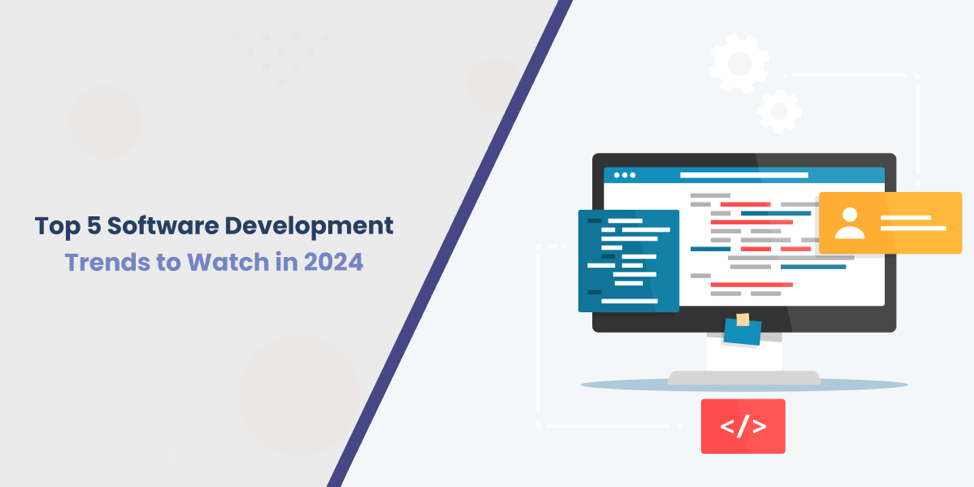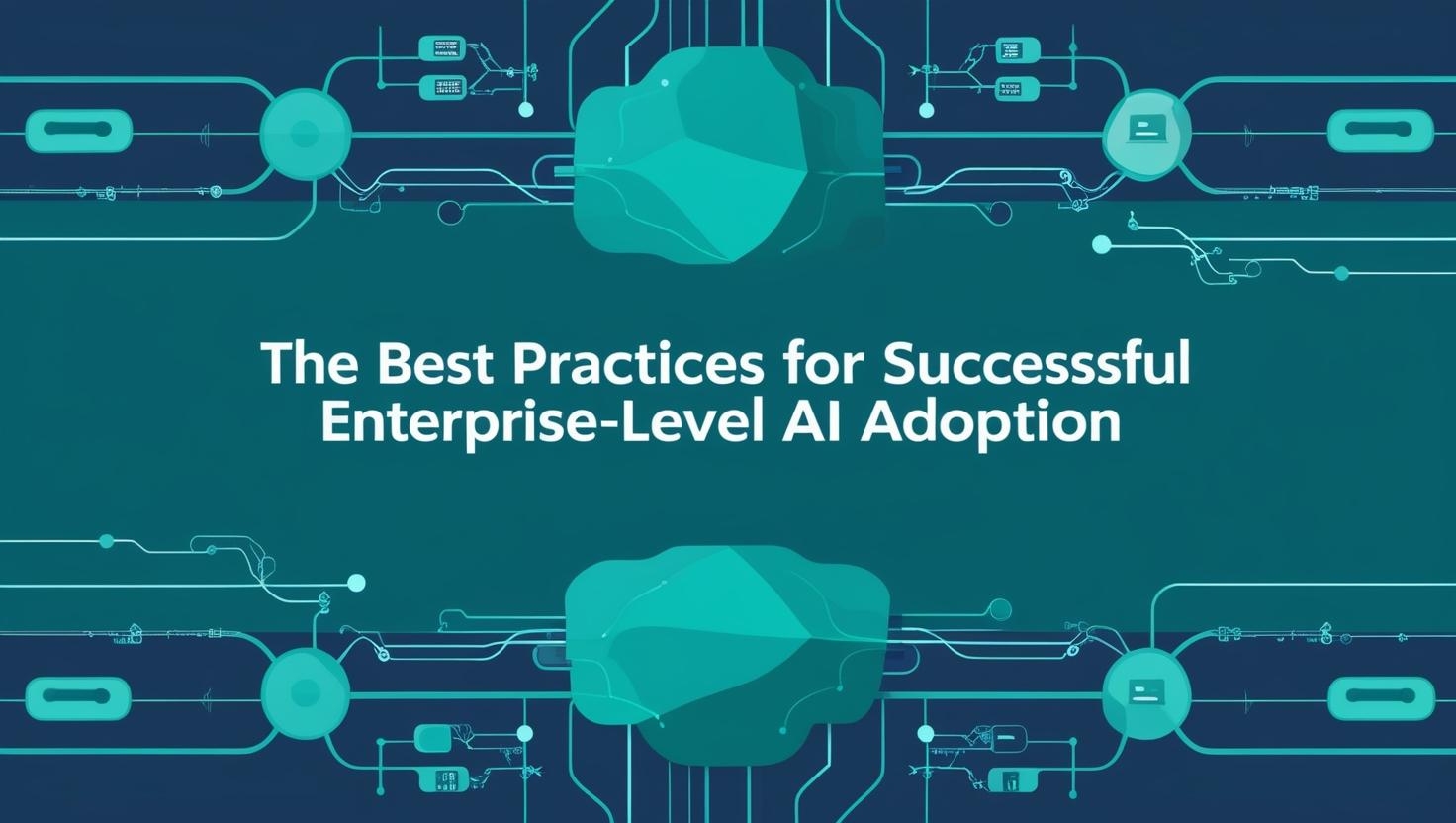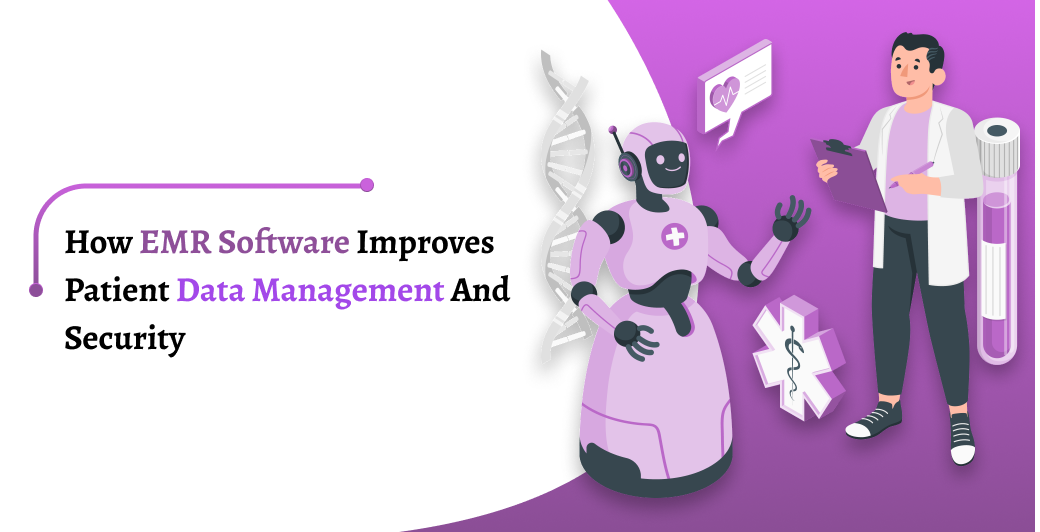The software development environment is dynamic due to various technologies, evolving business activities, and new trends in the marketplace. Specifically, by 2024, the following trends are expected to occur which will open new opportunities or challenges for the companies that develop software and their clients. No matter if you are a Software Development Company or if you are planning to work with a Software Development Services Company then, knowledge of such trends becomes very important to survive and be successful. In this article, I present to you five of the prominent trends in software development in the year 2024.
Top Software Development Trends
1. Artificial Intelligence and Machine Learning Integration
AI and ML have been popular buzzwords in the web development industry for a long while now though in 2024 their application will be revolutionary. It became rather obvious that AI and ML are no longer a trend or just a marketing hype, but a part of the essentials for modern software.
Why It Matters:
AI and ML can impact software development in ways such as automating tasks, improving the quality of decisions made, and presenting using smart user interfaces. When implemented correctly in a Software Development Company, AI as well as ML makes it possible to develop products more efficiently as well as start a new line of products that responds to market needs.
Key Applications:
- Automated Code Generation: It is worth mentioning that current innovations in artificial intelligence allow the creating of code snippets, thus minimizing time on usual coding operations among developers.
- Enhanced Data Analytics: Data analysis through the help of ML algorithms embraces the ability to analyze large amounts of data to make sound decisions.
- Personalized User Experiences: AI can pave the way to individualized approaches to capture users’ actions related to the application, thereby making the software applications more interactive.
2. Low-Code and No-Code Development Platforms
The escalating need for quicker software development, coupled with a scarcity of qualified developers, has resulted in bringing into the world Low-code and No-code Development Platforms. These platforms enable the users to develop applications with less coding hence making it possible for the businesses to develop the software with less money and time.
Why It Matters:
Low-code and No-Code are frameworks that break the barriers of software development to include citizen developers. To the Software Development Company, these platforms provide a unique opportunity for improving the time to market and defining the cheaper way.
Key Applications:
- Rapid Prototyping: Companies and artists can easily create a small scale of a big project without the backing of a large development team.
- Custom Business Applications: They are all about giving the companies a platform to develop fully-fledged applications that will fit their needs, although they do not come with coding that requires a programmer to input.
- Empowering Citizen Developers: Other employees outside the IT department can also create their own tools which assist in lessening the pressure from trained developers.
3. Cloud-Native Development
With cloud computing being the prevalent trend in today’s IT solutions solutions, Cloud-Native Development is emerging as the go-to approach to developing intelligent, highly available, highly reliable software capabilities. Indeed, this trend will further intensify in 2024 due to the massive relocation of corporate organizations to the cloud.
Why It Matters:
Cloud-Native Development is a practice that enables software applications to make full use of cloud environments and their characteristics like scalability, flexibility, and resilience. For a Software Development Company, the increased popularity of cloud-native platforms may benefit in building more reliable and scalable applications.
Key Applications:
- Microservices Architecture: Cloud-native applications have more maintainable code bases than monolithic architectures; microservices are employed for this purpose.
- Continuous Integration/Continuous Deployment (CI/CD): CN development makes it easier for an organization to use a CI/CD pipeline to deliver software much faster and with minimal errors.
- Scalability: The cloud-native applications can be readily scaled up or down to match the inbound traffic and they will perform optimally while being cost-effective.
4. Cybersecurity Focus in Software Development
Cybersecurity is gradually emerging as a critical consideration in the development of software due to the rise in the frequency and complexity of cybercrimes. That is, in 2024, cybersecurity cannot be approached in an add-on manner but has to be implemented as part of the SDLC.
Why It Matters:
Threat landscapes in cyberspace are dynamic, and therefore the methodologies in the development of software applications. If a firm focuses on delivering Software Development Services, then its main way to gain the confidence of its customers is to assure them that their apps are impregnable to vulnerabilities.
Key Applications:
- Secure DevOps (DevSecOps): Integrating change security into the pipelines used in DevOps to make the security consideration a continuous process throughout the lifecycle of the development.
- Encryption and Data Protection: Using the right level of security in encoding information used in particular programs.
- Compliance and Regulation: Making sure that the software is compliant with all the security requirements and laws and acts like GDPR or HIPAA.
5. Blockchain Technology in Software Development
Blockchain technology initially popularized by cryptocurrencies is being applied to software development now. We see in this year, 2024, more software solutions deploying blockchain to enable a more secure and trustworthy way of managing and sharing information.
Why It Matters:
Blockchain is decentralized and it cannot be altered once recorded such characteristics make it suitable for use in operations that need tight security in accessing data as well as privacy. The adoption of blockchain technology for a Software Development Company presents new development opportunities.
Key Applications:
- Supply Chain Management: Some of the applications of the technologies are the ability to develop clear and secure supply chains to guarantee the quality of the products and materials that are used.
- Smart Contracts: Smart contracts may therefore save interpersonal processes that are often intricate within a business organization thus minimizing intermediaries.
- Identity Verification: Blockchain can offer trustful and certificated identities, which are useful to improve security in several uses.
Conclusion
These are the five trends that will define the software development industry in 2024: All of these trends hold their peculiar opportunities for development. From the perspective of a Software Development Company, it is critical to keep an eye on such trends, so that you can offer the best solutions, which are to meet the needs of the future. On the other hand, Software Development Services Companies that follow these trends will be able to offer their clients, effective, reliable, and secure software solutions that may lead to success in the ever-evolving market environment. Be it AI integration, low code developments, cloud, cybersecurity, or Blockchain there is an urge of potential flavors that one can experience in software developments in the future.




